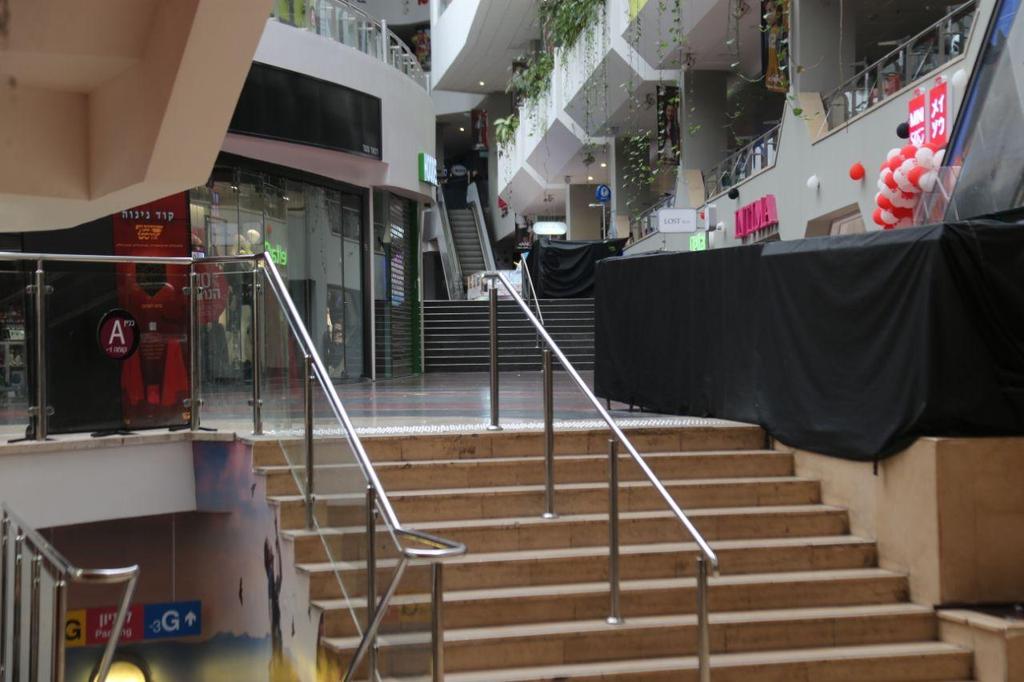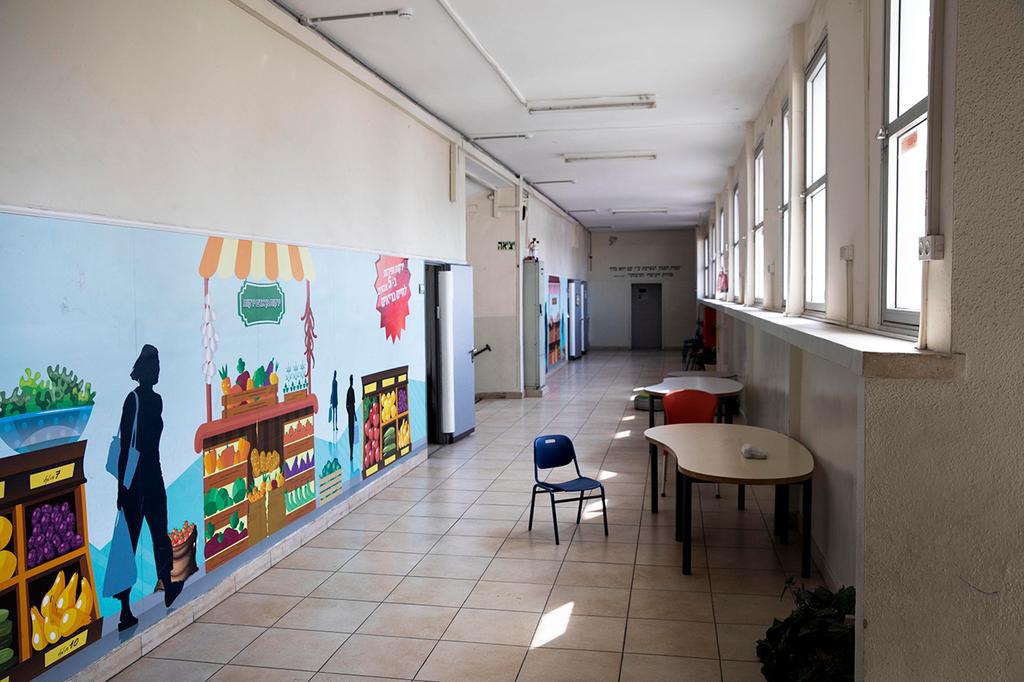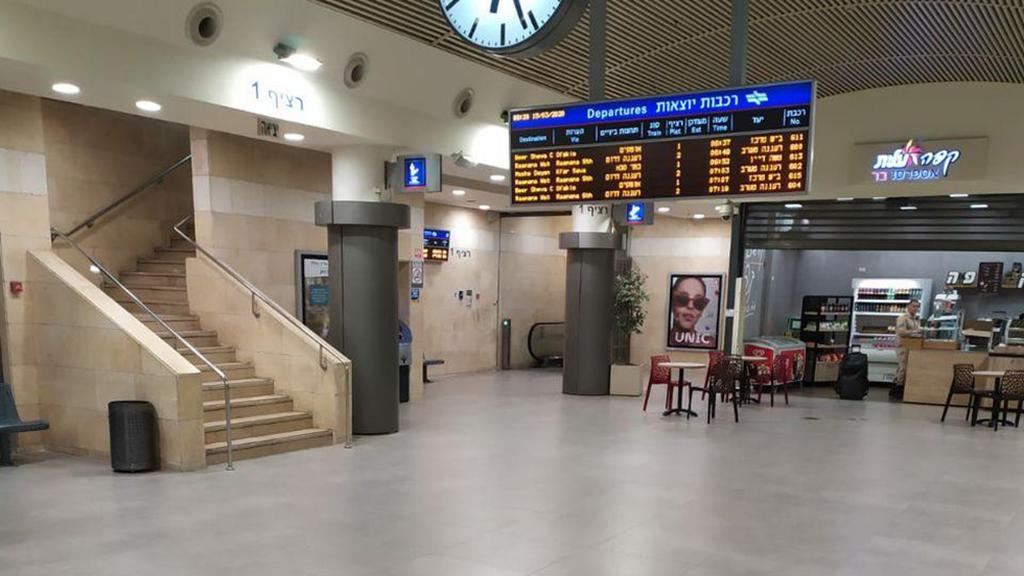Approximately 2.3 million Israeli students stayed at home on Sunday, following the closure of the entire education system as per the government’s guidelines to contain the spread of the coronavirus.
Kindergartens across the country also ceased their activity on Sunday, following the uproar of kindergarten teachers regarding the government’s initial guidelines that instructed them to remain open despite the closure of the rest of the educational system.
Many parents were forced to remain home or otherwise seek alternative solution for their children.
One such parent is Siman Ovadia, a business owner who now works from home after he was placed in quarantine along with his three children when they returned from a vacation overseas.
“Our quarantine started just as the entire education system was shut down,” he said.
“My wife wasn’t with us abroad, so when we went into quarantine we rented her a separate housing unit near our home, “ Ovadia said. “While managing my business from home is a bit tricky, you can do most everything remotely via conference calls.”
Ovadia said that he keeps his children busy with multiple activities.
“We split the house chores equally, making it so everybody is responsible for one thing around the house - laundry, gardening and so on. We also watch Netflix together and play video games. As for food, my wife leaves it for us on the garden wall.”
Katya Ditchi is an elementary school teacher and the mother of a five-year-old boy, for whom she tries to build an everyday routine amid the fear and speculation.
“We get up, brush our teeth, eat breakfast, and go to spend an hour or so in the playground,” she said.
In the evening, Katya keeps in touch with her parents via video chat., "They’re 70 years old, and so are being very careful.”
Tal Shira-Boaron, a 26 year old from Be'er Sheva, is being swamped with requests for her to babysit due to the shutdown of the education system.
“I worked in a kindergarten so the parents know me. I had so many requests to babysit, but I can only look after a small number of children,” she said.
“Since we can’t go out, we do other things to keep us busy such as cooking together, arts and crafts, coloring, and yes, homework too.”
3 View gallery


The Dizengoff Center, one of Tel Aviv's most popular malls, stands empty
(Photo: Moti Kimchi)
Tel Aviv, a usually vibrant city teeming with life, has not been spared the effects of the virus. Among the shuttered restaurants and coffee shops, parents and their children have been walking the streets, looking for things to do outside the house in lieu of school.
“We take our kids everywhere with us,” said Yossi Gorvitz from Tel Aviv, who wonders what will happen when he is eventually asked to return to work.
“The fear that the kids may infect the older population is real, so leaving them with their grandparents is impossible. I suppose until the education system returns to work we have a problem - you can’t shift entire industries to work from home.”
With the spread of the virus and the closure of the schools, this year’s matriculation exams have been postponed and the Education Ministry tries for the first time ever to utilize its online teaching capabilities on a national scale.
Meanwhile, parents of children who require special education say they did not receive any instructions or guidelines regarding their children's participation in the Education Ministry’s online learning program.
“We are concerned because we are being left in the dark,” said Avi Rubin, the father of a special education student from Rishon LeZion.
“We still don’t know if there is an online program dedicated to us; we are not receiving any clear message on the subject unlike the universities who know precisely where and how to log in.”
He added: “A special ed child requires routine and social interaction, and when school is out suddenly the child doesn’t have those any longer.”
“I really don’t know if the special education program is up to the task,” he said. “I guess all we can do is think of creative solutions and hope for the best.”



